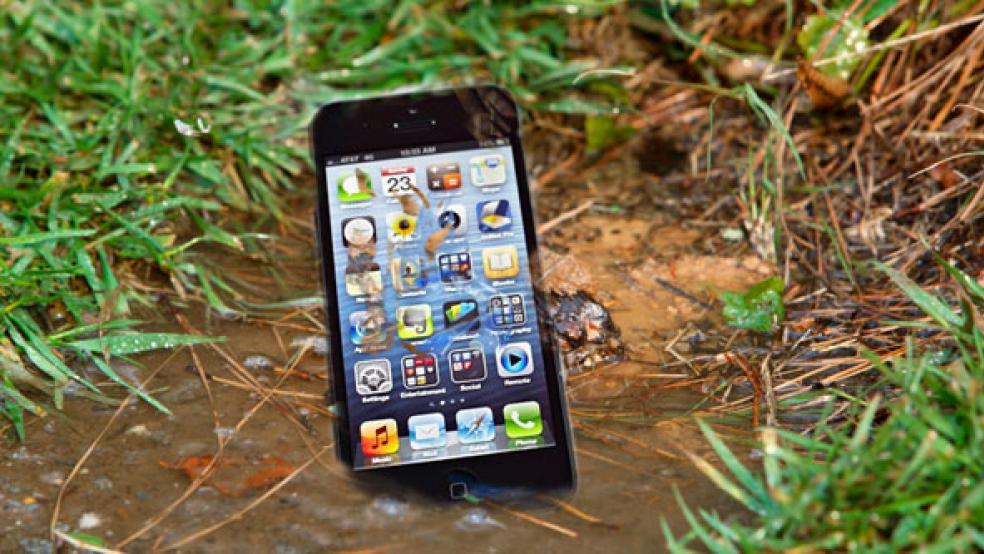When you pay your monthly phone bill, you’re not only paying for your own service, you’re paying for someone’s free cellphone service, too.
This week the FCC proposed millions of dollars in fines against providers of free government-paid cell phone service, probably the first time many Americans have heard of the program, let alone the fraud, duplicate payments, waste and other violations the fines are supposed to address.
The government spent $2.2 billion on the program last year alone, and a review of the top five providers by the FCC for the Wall Street Journal showed that 41 percent, or six million of their free-phone subscribers, couldn’t demonstrate eligibility or failed to respond to requests for certification.
RELATED: THE GOVERNMENT WASTES MORE MONEY THAN YOU THINK
Some 20 million Americans now have government-paid cellphones, along with a modest number of minutes of use a month, also taxpayer paid. The program, known as Lifeline, started in the 1980s with landlines, switched to mostly bare boned phone/text wireless models and soon will offer more sophisticated phones with Internet access.
The rationale, accepted by most who noticed at the time: Without phone access, those in poverty or near-poverty often had no way to get help in emergencies or (a clincher for some critics) to respond quickly to job offers. Internet access, a classic extension of a plausible program, is a clear leap away from the personal emergency justification for free phones.
Qualifying for a free phone is simple enough. If anyone in a household takes part in any government assistance program—from food stamps to unemployment—or if the household income is below federal poverty guidelines, a free phone is available. For example, ever since the law allowed able-bodied people with income at or below the poverty line to be eligible for food stamps, a growing number of college students have qualified. As such, they’re “pre-approved” for free-cellphones.
The website FreeGovernmentCEllPhones.net assures illegal immigrants that they can get the phones too. It has published an e-book, The Undocumented Alien’s Guide to Free Government Cell Phones.
The free-phone program has even poked its way into a debate, mostly among conservatives, over whether entitlement programs like this will ever be trimmed or eliminated (the scenario is that the welfare state implodes as financially unsustainable) or remain a politically untouchable part of American life, whatever the cost.
Robert Weissberg, professor of political science, emeritus, at the University of Illinois, says a free phone with unlimited minutes, “may quickly become an inalienable right—in six months a basic phone may also be insufficient if friends have an even fancier gadget.”
One carrier executive, Gary Carter, manager of national partnerships for Assurance Wireless, apparently already considers free phones a civil right, or something close to it. A blogger for the New York Post quoted him as saying, “The program is about peace of mind. It’s one less bill that someone has to pay, so they can pay their rent or for day care. … It is a right to have peace of mind.”
Since each income–based entitlement can serve as a gateway to other related programs—getting on the burgeoning food stamp program triggers qualification for a free phone—each new benefit can be seen as “earned” by participation in a previous one. The deeper problem, Weissberg says, is that behind the benevolence, today’s federal help profoundly differs from the past interventions, breeding ingrained dependency and infantilizing the people it wants to help.
Read more at The Fiscal Times:





